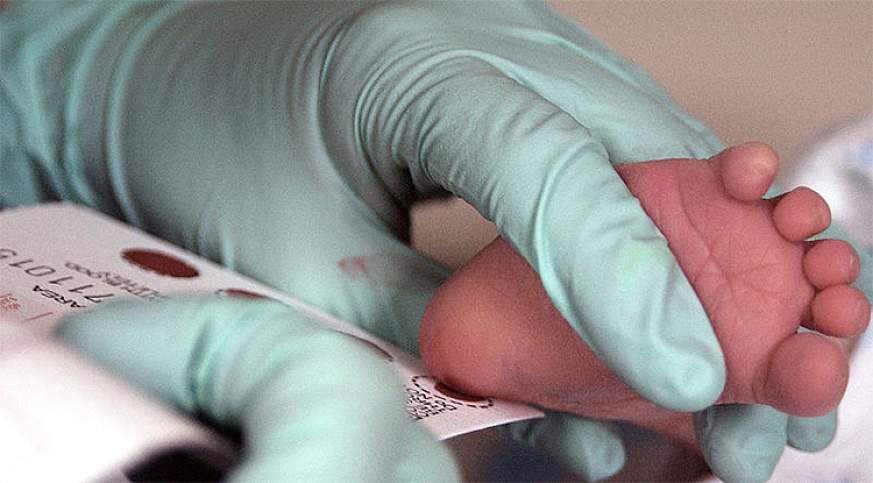 Newborn screening is a mandatory screening that tests for certain genetic and congenital disorders that don’t present immediately. First of all, these sometimes-fatal disorders don’t manifest until a little bit later in life. Early screening detects some disorders and saves families a lot of time, money, and heartbreak. Most of all, catching these disorders early can help you to get your kid the treatment they need. This saves some parents the confusion and time-consuming nature of trying to get a diagnosis later on.
Newborn screening is a mandatory screening that tests for certain genetic and congenital disorders that don’t present immediately. First of all, these sometimes-fatal disorders don’t manifest until a little bit later in life. Early screening detects some disorders and saves families a lot of time, money, and heartbreak. Most of all, catching these disorders early can help you to get your kid the treatment they need. This saves some parents the confusion and time-consuming nature of trying to get a diagnosis later on.
Why is this test mandatory?
In California, Newborn Screening (NBS) is a public health program that is mandatory by law for newborn infants. The program first began in 1966 and screened for phenylketonuria (PKU). Over the past fifty years, the program has expanded to include 80 genetic and congenital disorders. All babies are required to get this screening 1-2 days after birth.
Furthermore, visit the California Department of Public Health for any questions regarding the screening.
Most newborn screening tests are done between 12 and 48 hours after birth before your child leaves the hospital. If you somehow left the hospital without it, or you gave birth at home or outside of the hospital, you can coordinate a newborn screening test with your healthcare provider. Additionally, mothers who choose home birth must have midwife conduct this test. Most midwives perform the test within a week post-delivery.
Disorders typically included in the screening:
- Phenylketonuria (PKU)
- Sickle Cell Disease
- Congenital hypothyroidism
- Cystic fibrosis (CF)
- Severe combined immunodeficiency (SCID)
- Congenital adrenal hyperplasia (CAH)
- Galactosemia
- Biotinidase deficiency
- Maple syrup urine disease (MSUD)
- Tyrosinemia
- MCAD deficiency
- Toxoplasmosis
Additionally, test results are usually available a month after the screening. At GHT, your provider will review the results with you and post them on your patient portal.
How do they do the newborn screening test?
Finally, this screening test is simply a blood test. A medical profession simply pricks your baby’s heel for a few drops of blood. In addition, the screening is safe, quick, and easy. Some parents are concerned about the pain this test might inflict on their child. Certain measures can be taken to help reduce the stress associated with pain.
For questions or concerns, please respond to this post or contact us.




